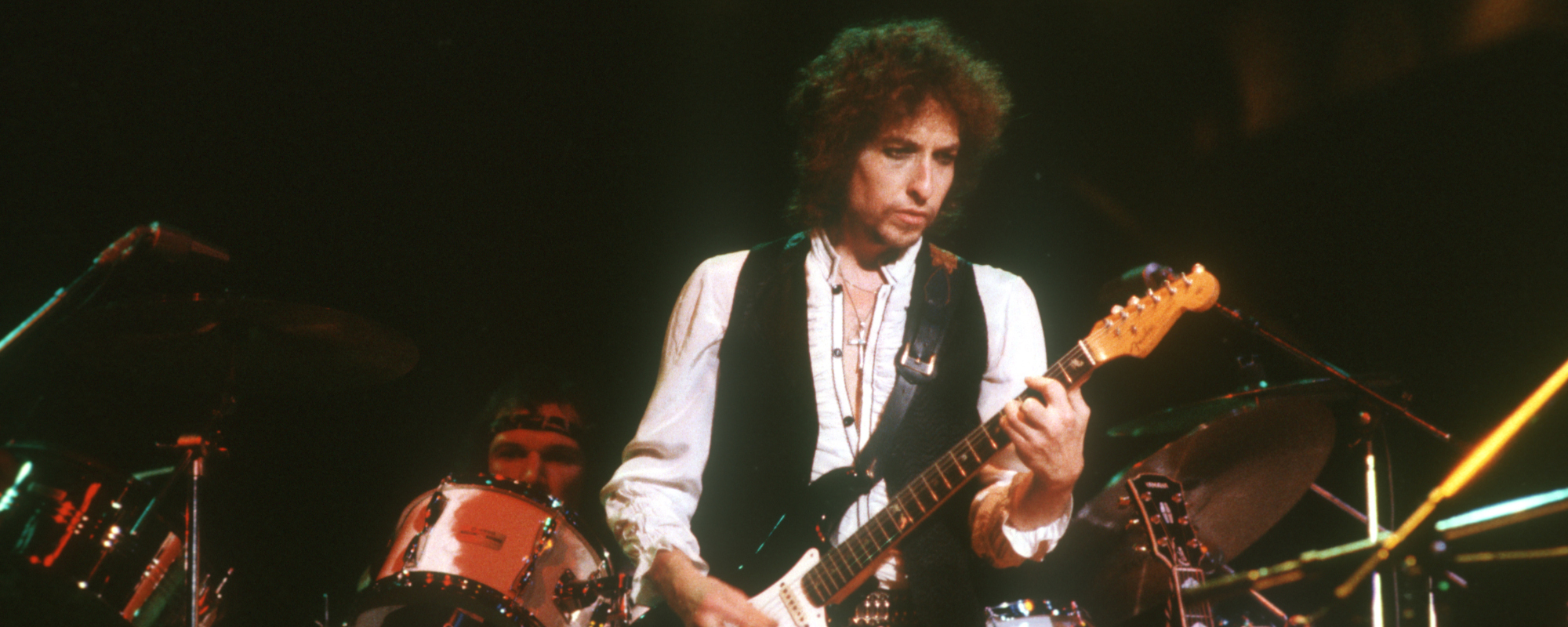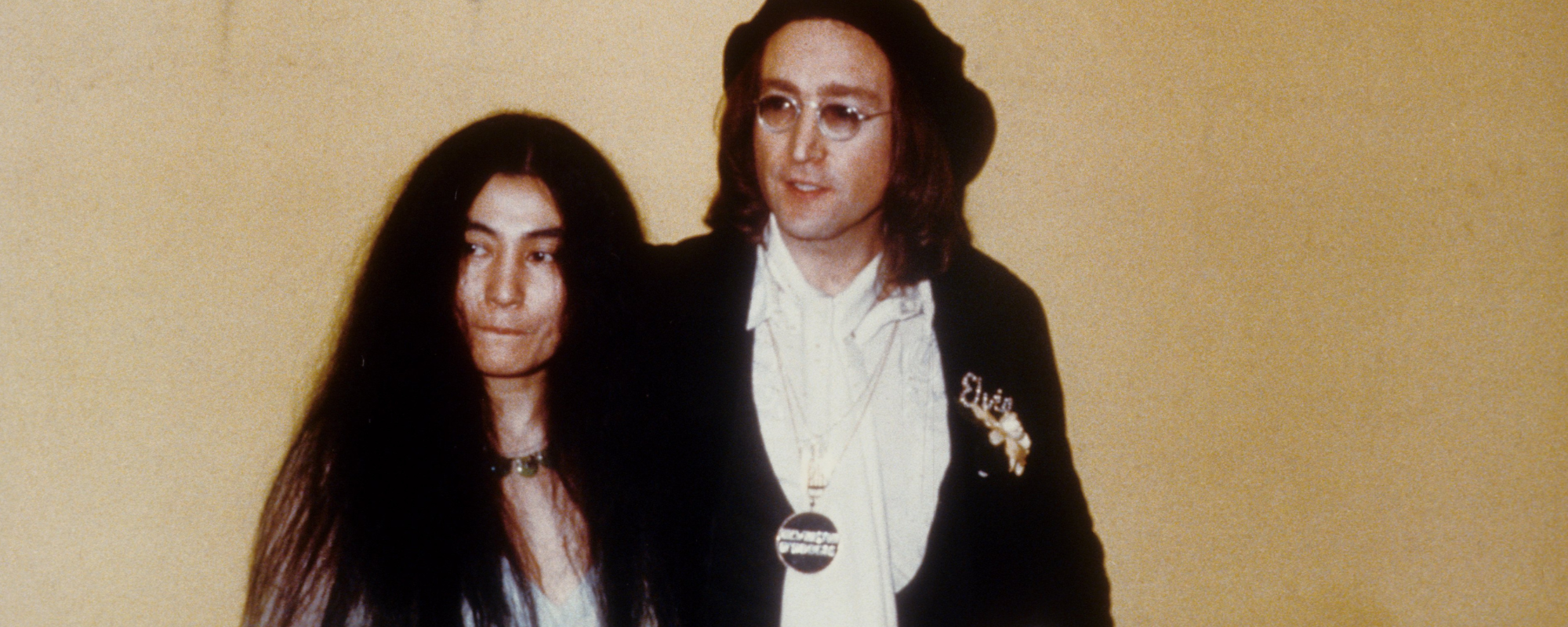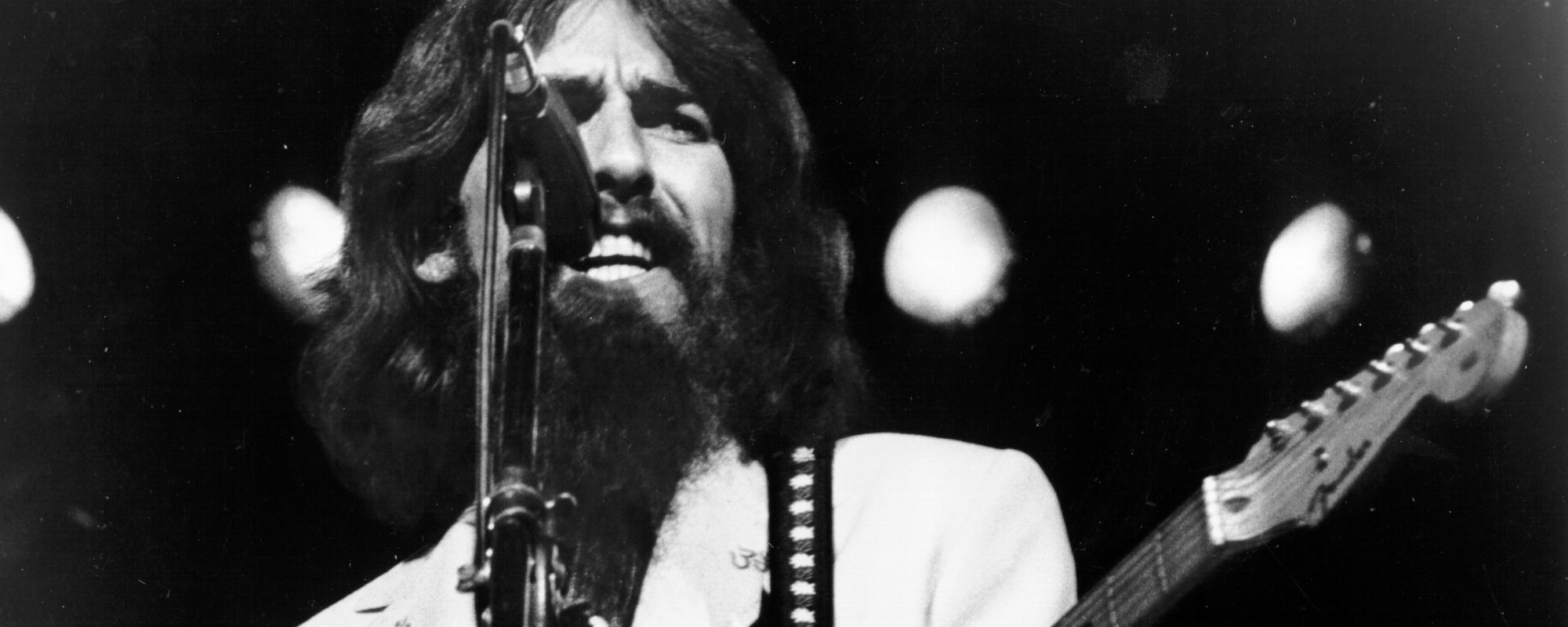On May 17, 1966, a British university student named Keith Butler, while attending a Bob Dylan concert in Manchester, England, waited for a lull in the noise in between songs and then shouted the word “Judas” at Dylan. It was the culmination of years of Dylan enduring heavy criticism for moving away from folk-based acoustic music into electric blues and rock.
Videos by American Songwriter
How we reached that point says a lot about the compartmentalization in music at the point in time, as well as Dylan’s willful disregard of anything except wherever his muse happened to take him. Here’s the story of the most famous catcall in rock and roll history.
Electric Reckoning
By that fateful night in London, Bob Dylan going electric was sort of old news. His album Bringing It Back Home, the first on which he added electric instruments to the mix, appeared in March 1965. Four months later, he appeared at the Newport Folk Festival and stunned the purist audience with his feedback-drenched electric set.
He felt the full force of the impact of his still-controversial decision during a world tour that started in late 1965 and rolled through the first half of ’66. Dylan would play the first half of the show in acoustic mode, and then would follow it up with the electric portion. He’d bring out five instrumentalists to join him, four of whom would eventually go on to comprise The Band.
During the electric set, audiences routinely booed. Many didn’t like that Dylan was taking songs he had originally done in acoustic mode on his albums and rewiring them, so to speak, with revved-up, fuzzed-out arrangements. When the tour hit Great Britain, matters were ratcheted up to a whole new level.
Dylan vs. the Heckler
The “Judas” incident might have been lost to the mists of history if not for there being both audio and video of that night. Before the audio could be officially released, it was bootlegged, and mistakenly labeled as a show at The Royal Albert Hall. (Dylan would indeed play that famed London venue to close out the tour, without major incident, a few weeks after the “Judas” show.)
On that infamous night in Manchester, Dylan was feeling particularly antagonistic. He sounded utterly mesmerizing in the acoustic portion of the show, if a bit distant. When the group joins him on stage, his energy rises. That’s also when the catcalls and slow clapping starts, which seems to prompt Dylan’s mischievous side during his song introductions.
Butler yelled out “Judas,” a name signifying betrayal, during the break before the set’s last song. Dylan didn’t flinch. He shouted back, “I don’t believe you,” and then, after a brief pause, “You’re a liar!” Finally, he turned to his band and said, “Play it f–kin’ loud.” They obliged, tearing into an incendiary version of “Like a Rolling Stone,” with Dylan howling every word with a vengeance.
The Aftermath
That tour ended an incredibly jam-packed and drama-fraught period of activity for Dylan. All the controversy about going electric, writing and recording three masterpiece albums in about a year and a half, and the constant touring—it was too much for him to sustain, and he needed a break.
A mysterious motorcycle crash in August 1966 inadvertently provided that break for him. That infamous Manchester show acted as a kind of exclamation point on a frenzied stretch of his career. Like a great comedian, Bob Dylan knew exactly how to come back at his heckler: loudly, defiantly, and with electric guitars blazing.
When you purchase through links on our site, we may earn an affiliate commission.
Photo by Dm/Globe Photos via ZUMA Wire/Shutterstock













Leave a Reply
Only members can comment. Become a member. Already a member? Log in.